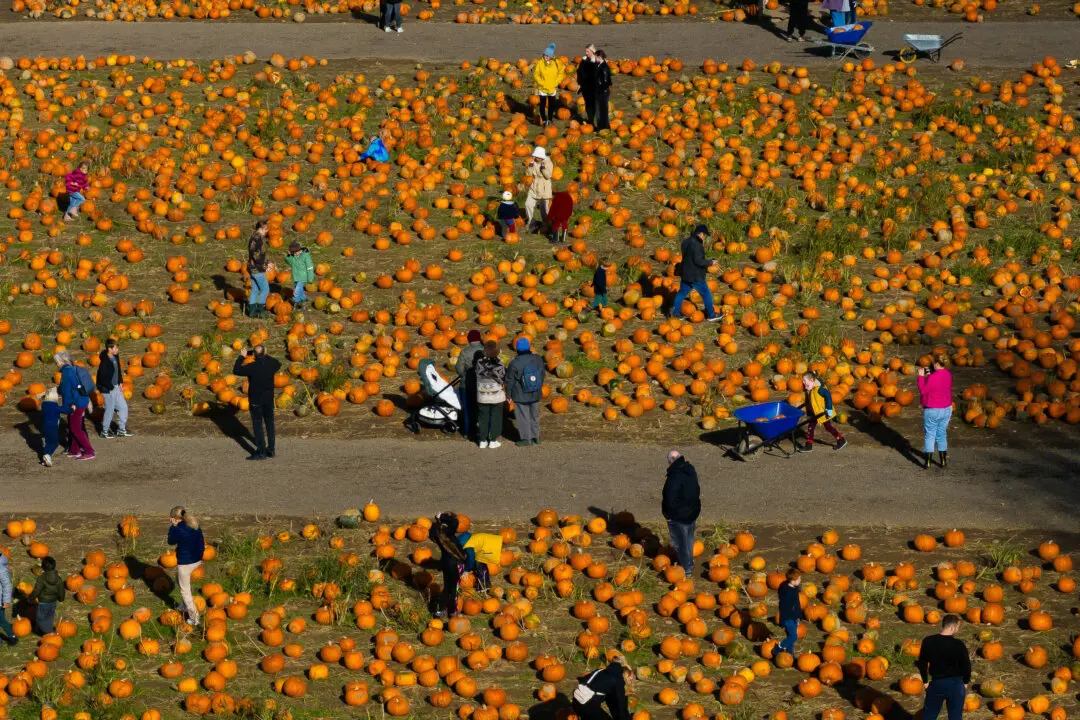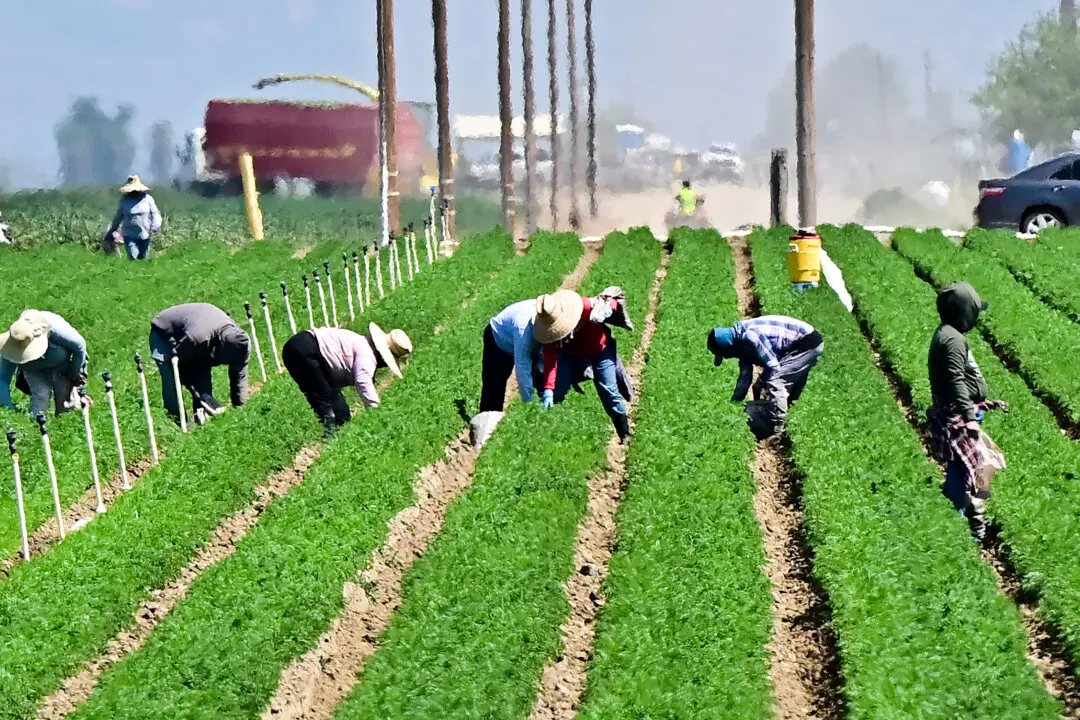Commentary
I’ve been an employer for most of my adult life. Across kitchens, fields, and small businesses, the hardest part has never been the work itself. It’s people. Payroll systems are predictable; human beings are not. When a tractor breaks, you fix it. When a team breaks, you face tangled feelings, assumptions, and old wounds that no spreadsheet can solve.





